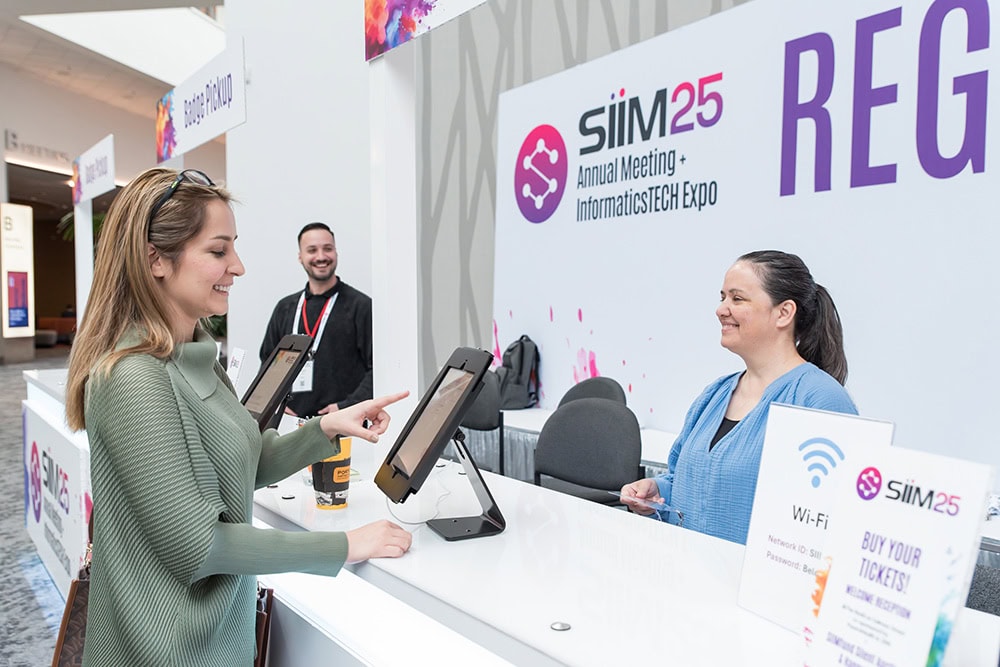About the Session
Imposter syndrome is a common experience in imaging informatics, especially for those who lack local experts or established support networks. This session will empower attendees to navigate these challenges by leveraging SIIM training resources and fostering a growth-oriented mindset.
In addition, the session will highlight the importance of involving early-career trainees—ranging from high school and undergraduate students to early professionals—in imaging informatics research. Attendees will learn how to select impactful projects, provide mentorship, and create institutional support structures that encourage active engagement in the imaging informatics community.
Drawing inspiration from recent SIIM Annual Meeting hackathons, this session will also showcase successful examples of trainee-led projects, emphasizing the collaboration between technical and clinical mentors. Both mentors and trainees will share their experiences and insights, offering strategies for addressing challenges and enhancing opportunities for the next generation of imaging informatics professionals.
Join us to explore how engaging early-career individuals and fostering inclusive mentorship can sustain the growth and innovation of the imaging informatics field—while addressing the shared reality that none of us truly have all the answers!
Objectives:
- Discuss strategies for overcoming imposter syndrome and becoming functional in imaging informatics without local FSIIM experts by leveraging SIIM training resources and community support.
- Describe the benefits of involving early-career trainees in imaging informatics research and identify effective methods for selecting suitable projects and providing mentorship.
- Explain how collaborative initiatives, such as SIIM Annual Meeting hackathons, foster career development for trainees while addressing institutional and community needs in imaging informatics.
Presented By
Lindsey Johnstone, MD, MS




